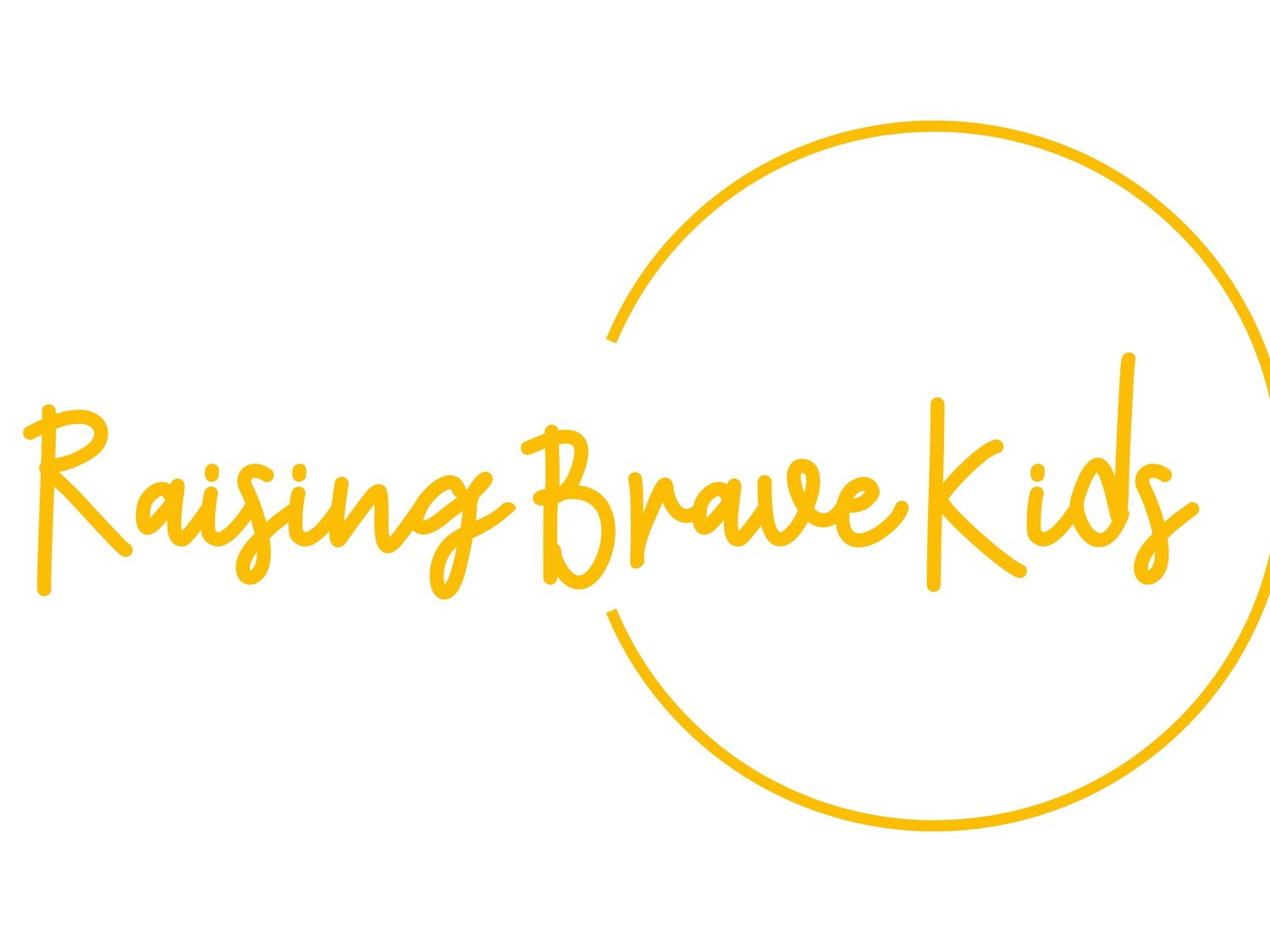Supporting Children & Teens with Phobias
Fears are a natural part of growing up, but when a fear becomes overwhelming and begins to disrupt daily life, it may indicate a clinical diagnosis of a phobia. At Raising Brave Kids, we help children and teens work through their big fears with compassion and proven strategies, empowering them to face challenges with confidence and resilience.
What Are Phobias?
A phobia is an intense, persistent fear of a particular object, situation, or activity. Common examples include:
fear of vomiting
fear of spiders or insects
fear of heights
fear of flying
fear of needles or medical procedures like getting shots.
fear of dogs or other animals
These fears can lead to significant avoidance behaviors and physical symptoms of anxiety & panic, such as increased heart rate, rapid breathing, sweating or trembling, nausea or dizziness
When these fears interfere with a child’s ability to participate in school, family activities, or social events, professional support can make a big difference.
Our Approach to Treating Phobias
At Raising Brave Kids, we specialize in helping children and teens understand and overcome their fears using evidence-based strategies. Our treatment approach focuses on gradual, step-by-step exposure to the feared object or situation, helping children reduce their discomfort and regain confidence.
What Is Exposure Therapy?
Exposure therapy is the gold standard for treating phobias. This technique involves gently and systematically introducing the child or teen to their fear in a safe and controlled way. For example:
A child with a fear of dogs might start by looking at pictures of dogs, progress to watching videos, and eventually work toward calmly interacting with a friendly dog.
The goal is not to force children to confront their fear all at once but to help them gradually build more confidence in being with their trigger while building a sense of safety and control.
Supporting the Whole Child
We know that phobias are deeply tied to anxiety and can affect a child’s overall well-being. That’s why our approach goes beyond exposure therapy to include:
Anxiety Reduction Techniques: Teaching children calming strategies like deep breathing and mindfulness to manage their physical symptoms of anxiety.
Cognitive Behavioral Therapy (CBT): Helping children recognize and reframe unhelpful thoughts about their fears, building confidence and perspective.
Self-Compassion and Empowerment: Encouraging children to see their progress as a series of brave steps, celebrating their efforts and achievements.
Collaborating with Families and Schools
Overcoming a phobia requires more than just therapy sessions—it’s about creating a supportive environment where the child can thrive. At Raising Brave Kids, we partner with families to ensure they feel equipped to support their child’s progress at home. For older children and teens, we also work with teachers and school staff to create strategies that reduce anxiety in the classroom.
Why Early Intervention Matters
Left untreated, phobias can limit opportunities for children and teens, impacting their social development, academic success, and emotional health. Early intervention helps prevent these fears from growing and provides children with lifelong tools to manage anxiety and approach challenges with courage.
Take the First Step Toward Fearless Living
At Raising Brave Kids, we believe that no child is defined by their fears. With the right support, children and teens can overcome their big fears and embrace life’s opportunities with confidence.
If your child or teen is struggling with a specific phobia, we’re here to help.

